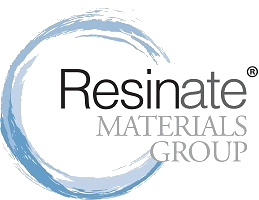
Resinate Materials Group, Inc
Each year, millions of tons of used petroleum and other products are deposited in landfills and whatever further use they might offer is lost. For centuries. Resinate's proprietary technology enables us to capture, process and upcycle valuable molecules into polyols with an unmatched balance of performance properties. We develop innovative ways to divert landfill waste, extend the life of finite resources and upcycle used molecules into high-performance polyester polyols - the backbone of coatings, adhesives, sealants, elastomers, foams and lubricants.